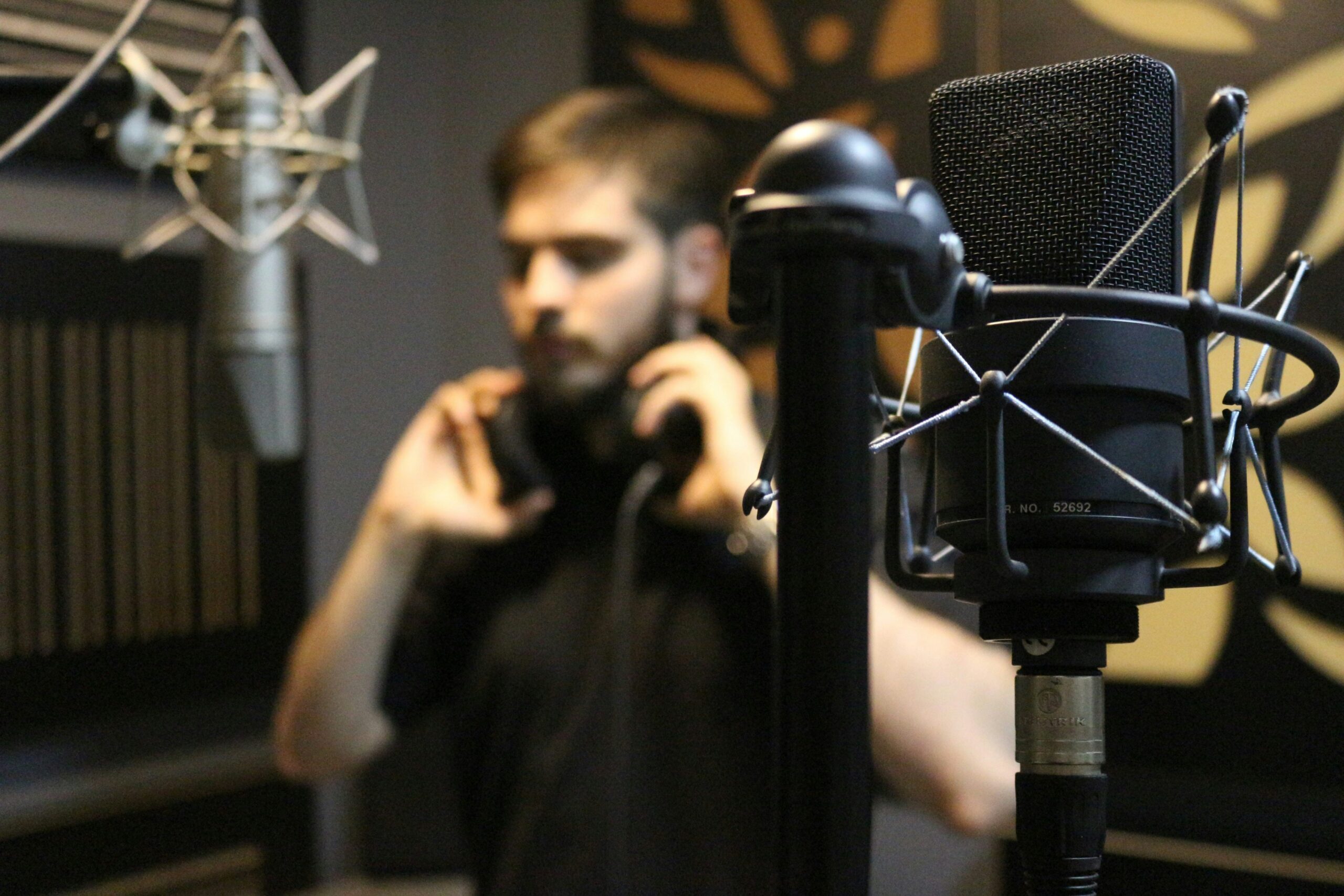What does your publishing contract say about acting independently with your book? Advising author Mohammed Massoud Morsi


Author Mohammed Massoud Morsi’s book “The Palace of Angels” was published in September 2019 by Wild Dingo Press. Morsi was a journalist and a photographer before becoming a writer in 2015. Morsi wanted to understand if he could sell the book himself into overseas markets through an agent. In this regard, it was important for him to understand the rights he had granted the publisher and what he could do independently with his book.
Arts Law in partnership with the Australian Society of Authors advised Morsi on the possible avenues he could explore, including negotiating a variation to his publishing agreement.
Since providing the advice, the book was short listed for the 2020 NSW Premier’s Literary Awards in the fiction category. Unfortunately the COVID-19 virus has meant that literary events have been cancelled for the time being which makes book promotion difficult. But things will stabilise, hopefully in the not too distant future.
Morsi was very pleased with the advice commenting:
“You have been most helpful, in such a professional manner. I will definitely recommend this service. As creatives we’re emotional beings. The excitement of being offered a contract often blinds you to the fine print. You’re worth a lot more than that. Before you sign anything make sure you take it and get it reviewed first. Sign up to the ASA. You need an organization behind you and to support your community. Be a member of a body of writers. Question your agent about who they’re showing the book to. How many publishers they’ve sent it to. “
As illustrated here, there are two sorts of agents in the publishing industry:
- literary agents appointed by the author who sell rights and represents the author; and
- rights agents, appointed by the publisher, who also sell rights and represents the publisher.
If you are an author and you are approached by an agent, you should check whether the agent is proposing to act for you or for the publisher. Some small publishers appoint agents in different territories to sell rights on their behalf because they don’t have the resources to retain a rights manager in-house.
Apart from that, it’s important an author does due diligence before going with a publisher. Make sure your publisher has a good reputation and has a broad and strong distribution network and can maximise the commercial potential of the book in your genre. Understand how the rights in your Work have been carved up – is the publisher controlling worldwide rights? Are they well placed to exploit these rights? In Morsi’s experience connections with book clubs are a great source of distribution. Ask the publisher about its sales network, prior publishing experience and how it plans to promote and sell your book.
A lawyer can advise you if your publishing agreement contains unduly onerous clauses or clauses which are not typical of the industry standard. Make sure you understand all of the contract before you sign it. If you’re unsure about the meaning of a clause, seek legal advice before signing it.
There are some useful readings and templates on the Arts Law website:
- A reference to useful resources: https://www.artslaw.com.au/information-sheet/authors-writers-useful-resources/
- General legal information: https://www.artslaw.com.au/legal/raw-law/legal-information-for-writers/
- If you’re thinking of self publishing: https://www.artslaw.com.au/information-sheet/authors-and-self-publishing/




